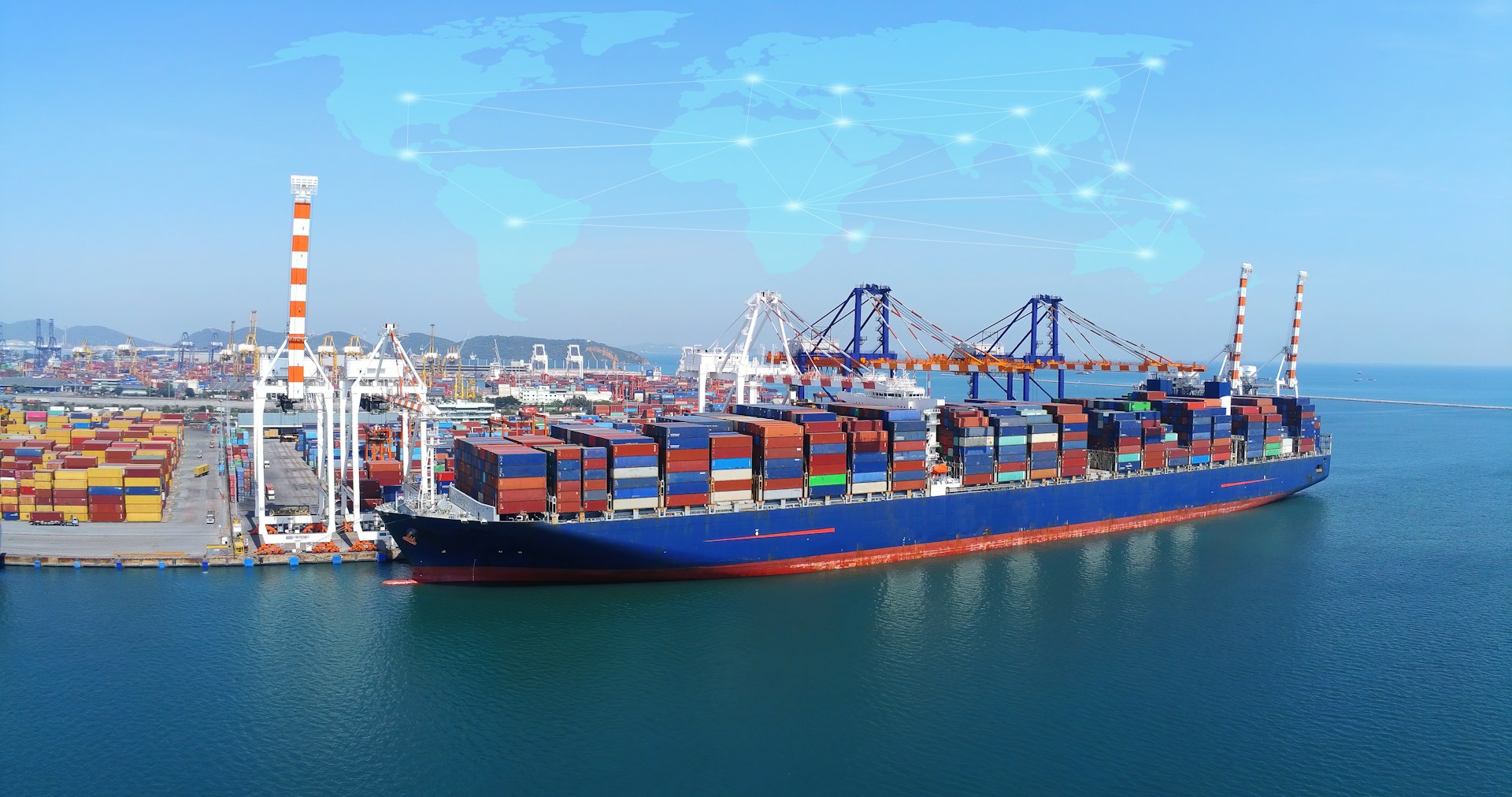China Begins Charging Special Port Fees on US Ships

China officially started imposing special port fees on vessels that are owned, operated, built, or flagged in the United States on Tuesday. However, ships constructed in China will not be subject to the charges. Additionally, empty vessels entering Chinese shipyards for repairs are exempt, following last-minute changes to the new policy.
Beijing first announced this measure on Friday, in direct response to the United States’ decision to implement comparable fees on Chinese-affiliated vessels - also taking effect today.
According to the Maritime Safety Administration (MSA), the charges will be applied at a vessel’s first Chinese port of call. The MSA will verify ownership, flag, and operational details using the newly introduced US-Linked Vessel Information Report Form, filed through China’s National Single Window system.
By exempting Chinese-built vessels, Beijing has reduced the number of ships affected, potentially limiting the broader market disruption 0 especially in the dry bulk sector. Broker Arrow noted in a client update that this adjustment could soften the economic impact initially expected.
However, ambiguity remains around how China defines US ownership. Some American directors on international shipping boards have already stepped down from their roles in response. The new rules apply to ships where US individuals hold at least 25% of the equity, voting power, or board representation.
Dr. Roar Adland, Head of Research at broker SSY, commented in a LinkedIn post:
“The extension of financial ownership and board seats will possibly catch many listed companies given the likelihood that a large chunk of shares will be in nominee accounts with large US investment banks and mutual funds… Add in any company partly financed by US private equity, leasing companies, or even private companies where the principals have secondary US citizenship, and it is clear that the share of the world fleet potentially ensnared by these ‘special fees’ is substantial.”
In the container shipping sector, New York-listed Israeli carrier ZIM is expected to be the most heavily impacted by China’s new port fees, according to consultancy Linerlytica. The company will also face higher port costs in the US.
For tankers and dry bulk vessels, SEB Bank anticipates that larger ships will be most affected. Roughly 65% of China’s bulk imports arrive on capesize vessels or larger, while 83% of crude oil imports are transported on VLCCs. Of these, about 43% of capes and 29% of VLCCs were built in China.
SEB wrote in a note that the exemptions for Chinese-built vessels should minimize initial disruption, as shipowners will likely reorganize their fleets depending on where ships were built. The bank also noted that the resulting inefficiencies are already visible in rising freight rates for capesize and VLCC segments.
The new maritime levies come as US President Donald Trump signals plans to introduce 100% tariffs on Chinese goods next month. His administration has also issued strong warnings to nations considering support for the International Maritime Organization’s Net-Zero Framework.
Greek brokerage Xclusiv Shipbrokers commented that the reciprocal fees between Washington and Beijing have created a “spiral of maritime taxation that risks distorting global freight flows.”
In its weekly report, Xclusiv added:
“The weaponisation of both trade and environmental policy signals that shipping has moved from being a neutral conduit of global commerce to a direct instrument of statecraft. For owners and charterers alike, navigating this new regulatory battlefield may soon prove as complex - and as costly - as crossing any ocean.”